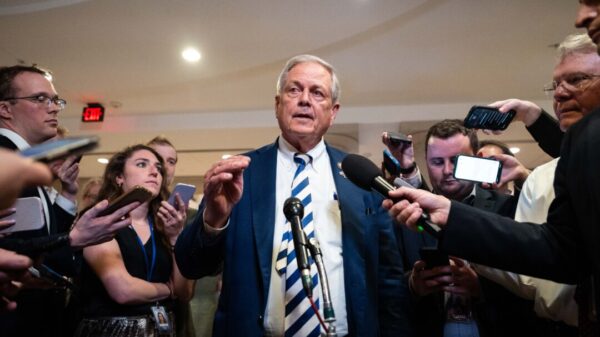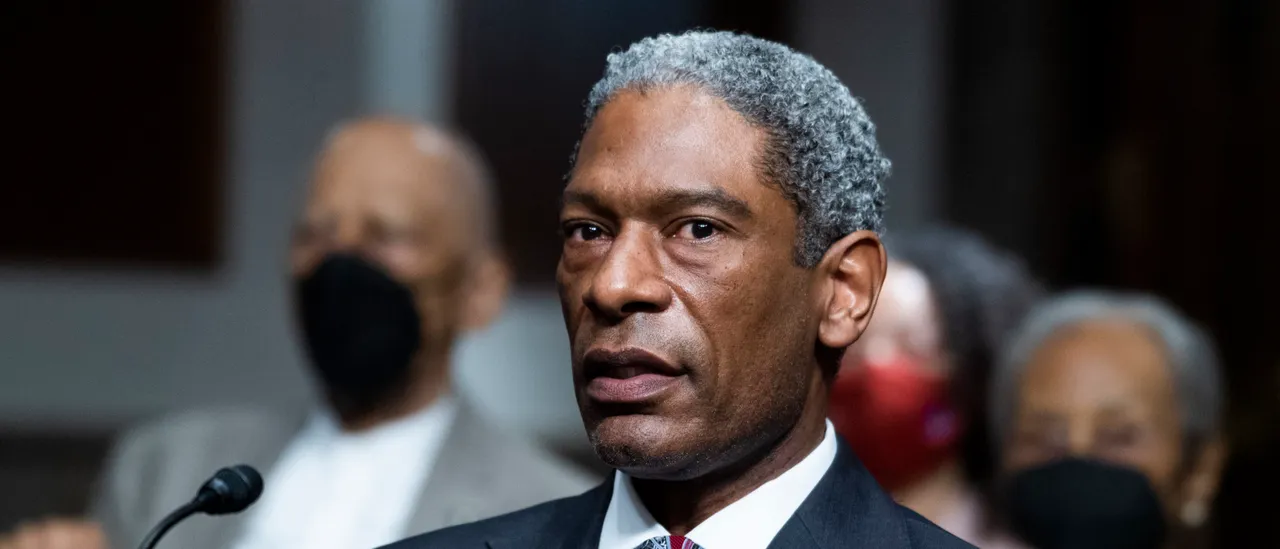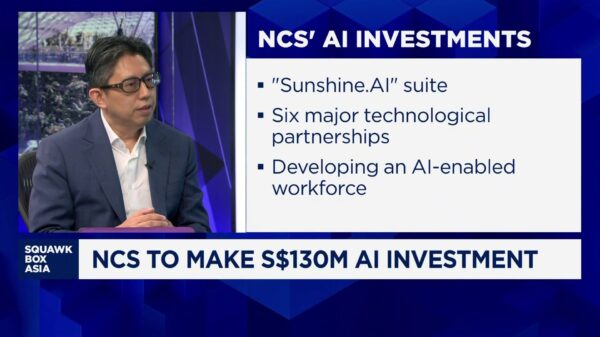U.S. District Court Judge Julien Neals is under scrutiny following allegations of falsifying quotes in a legal opinion. The accusations emerged after attorney Andrew Lichtman identified multiple errors in Neals’ ruling issued on June 30, 2025. Lichtman, who represented defendants in a recent civil suit before Neals, raised concerns about the accuracy of the cited cases and attributed quotes.
Lichtman’s letter to Neals highlighted errors, including three misstatements about case outcomes and several instances where quotes were incorrectly attributed to decisions that did not contain them. He expressed particular concern regarding a quote attributed to the City of Warwick Retirement System v. Catalent, Inc., which Neals cited but did not appear in the referenced document.
In response to Lichtman’s claims, Neals withdrew his opinion. A notice posted on the case docket stated, “That opinion and order were entered in error. A subsequent opinion and order will follow,” according to Bloomberg News. This unexpected turn raises questions about the integrity of the opinion and the processes behind its creation.
Speculation regarding the source of these errors has turned towards the use of artificial intelligence in legal rulings. Josh Blackman, a constitutional law professor, suggested that Neals may not be solely responsible for the inaccuracies, indicating that a law clerk might have been involved. Blackman noted, “I suspect there are many judges throughout the country that have issued opinions with hallucinations,” implying that AI-generated content may have contributed to the confusion.
The implications of this incident extend beyond Neals as it raises critical issues about the review process judges undertake with respect to their clerks’ work. Blackman questioned, “Do the judges actually check the citations to see if they are hallucinated?” He indicated that such oversights could lead to broader patterns of misconduct across the judicial system.
Neals was nominated to the federal bench by former President Barack Obama in February 2015 and was later renominated by President Joe Biden in March 2021. Biden’s nominations included ten candidates aimed at enhancing diversity within the federal judiciary, emphasizing the importance of representation in background and professional experience.
While the current situation casts a shadow over Neals’ career, it also reflects on the broader narrative surrounding judicial appointments made under the banner of diversity. Critics argue that such appointments, while important for representation, can lead to concerns regarding competence and performance, especially when errors such as these come to light.
The unfolding situation prompts a reevaluation of how legal opinions are crafted and the potential influence of technology in the judicial process. As this story develops, it remains to be seen how Neals will address these allegations and what measures, if any, will be implemented to prevent similar issues in the future.
This incident serves as a reminder of the critical need for accuracy and accountability in the judicial system, particularly in an era where technology plays an increasingly significant role in legal proceedings.





























































